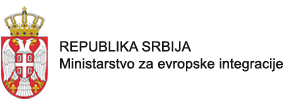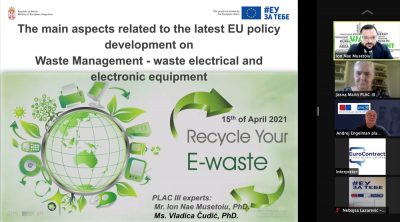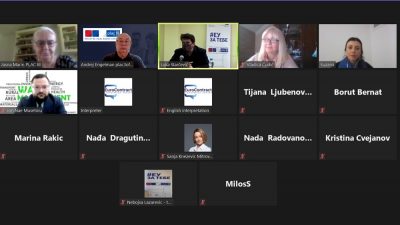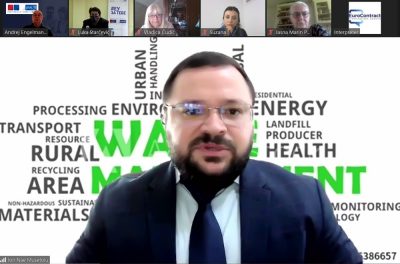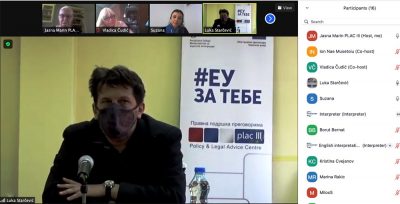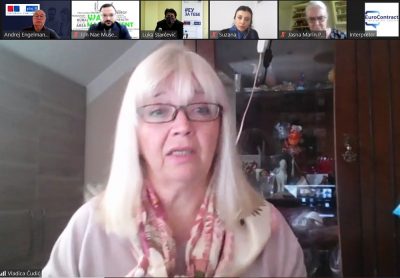Waste electrical and electronic equipment management
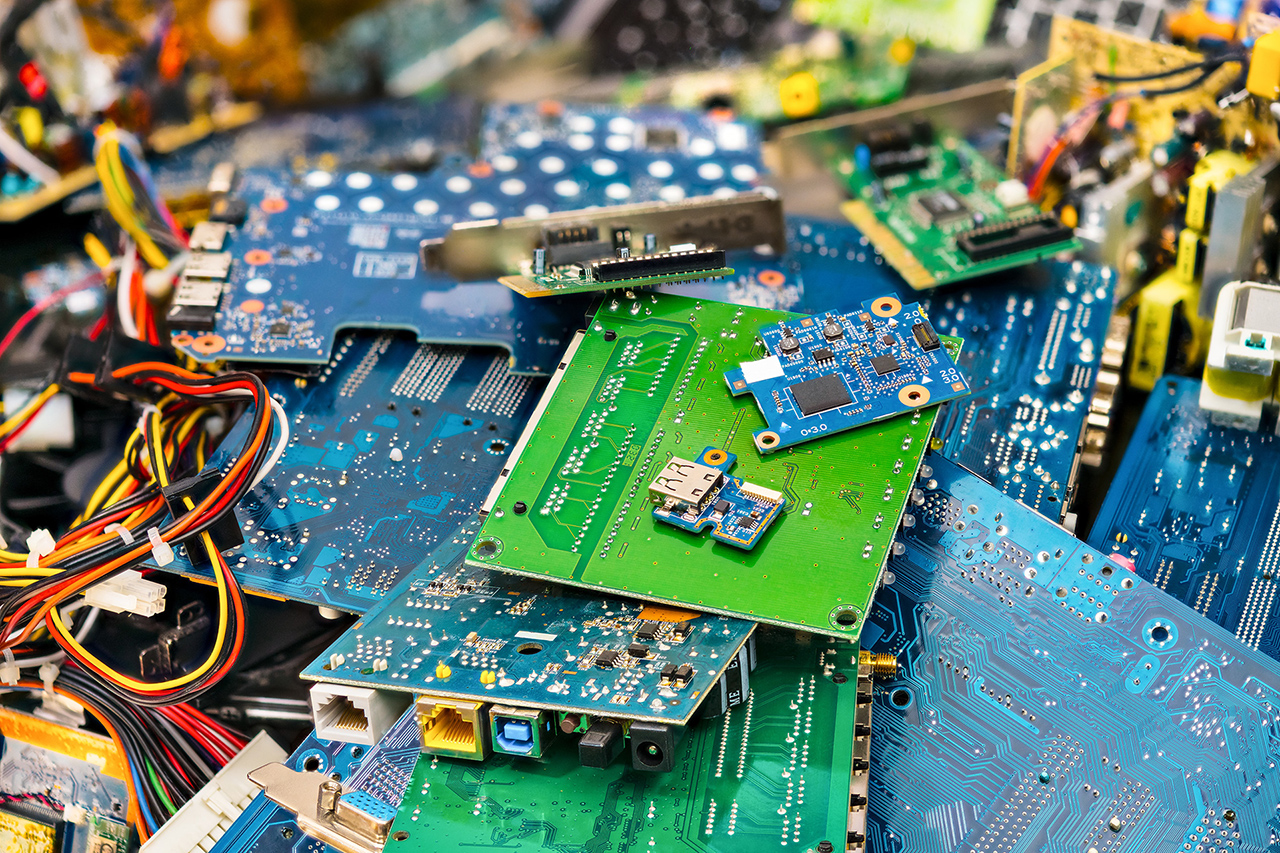
The full transposition of the directives regulating the management of waste electrical and electronic equipment into the Serbian legislation was the topic of the workshop held by the PLAC III project on Thursday, 15 April 2021.
Union acquis in the field – the Directive 2012/19/EU on waste electrical and electronic equipment (WEEE) and RoHS Directive 2011/65/EU on the restriction of the use of certain hazardous substances in electrical and electronic equipment – have been partially transposed into the Serbian legislation, through the Rulebook no. 99/10. However, only those articles that are the same as in previous versions of two Directives, from 2002, have been transposed into the Rulebook. The provisions of the RoHS Directive apply to electronic and electrical equipment (EEE) placed on the EU market, regardless of whether they are produced in the EU or in third countries and then imported into the EU market. It is therefore important that Serbia, as a candidate country for EU membership, fully transposes this Directive into national legal framework, as part of the same package with the WEEE Directive.
PLAC III project has provided expert support to the Ministry of Environmental Protection in the transposition of Union acquis. Experts Ion Nae Musetoiu and Vladica Čudić presented at the workshop the EU legislation and targets set by the Union, as well as the results of their work. Since 2018, the scope of the WEEE directive has become open and it applies to all equipment that runs on electricity or contains electronics. The directive stipulates separate collection of this type of waste and sets annual collection targets: a minimum of 65% of the average weight of waste that has reached the EU market in the previous three years or a minimum of 85% of waste collected in an individual Member State. Recovery and recycling targets range from 55 to 85%, depending on the waste category. The Directive applies the principle of extended producer responsibility and stipulates that Member States must establish a registration body that will list all EEE producers.
The legal gap analysis of the harmonisation of relevant Serbian legislation showed that out of 248 obligations defined by the Directive, Serbia has fully transposed 115, partially transposed 30, and 103 have yet to transposes. The experts’ recommendations are, inter alia, adoption of amendments to the Law on Waste Management, change of collection targets and introduction of system of shared responsibility for achieving them, establishment of a national registration body and definition who is responsible for the public information campaign.
The RoHS Directive prohibits the use of 10 hazardous substances that must be taken into account when it comes to electronic and electrical waste, among which mercury, cadmium, nickel. According to Musetoiu, provisions of that Directive must be fully transposed into national legislation.
In the discussion with the representatives of the Ministry, the Provincial Secretariat for Environmental Protection and the waste management operators, it was pointed out that in Serbia there is no campaign to raise public awareness on the importance of proper management of WEEE.
Relevant EU legislation:
Photo gallery
Recent Posts

Notice
9. April 2024.

The fourth project brochure published
29. March 2024.

The last meeting of the Steering Committee
28. March 2024.
Negotiation chapters
- Chapter 1: Free movement of goods
- Chapter 3: Right of establishment and freedom to provide services
- Chapter 8: Competition policy
- Chapter 9: Financial services
- Chapter 10: Information society and media
- Chapter 11: Agriculture and rural development
- Chapter 12: Food safety, veterinary and phytosanitary policy
- Chapter 13: Fisheries
- Chapter 15: Energy
- Chapter 16: Taxation
- Chapter 27: Environment
- Chapter 28: Consumer and health protection
- Chapter 32: Financial control
- Chapter 33: Financial and budgetary provisions
